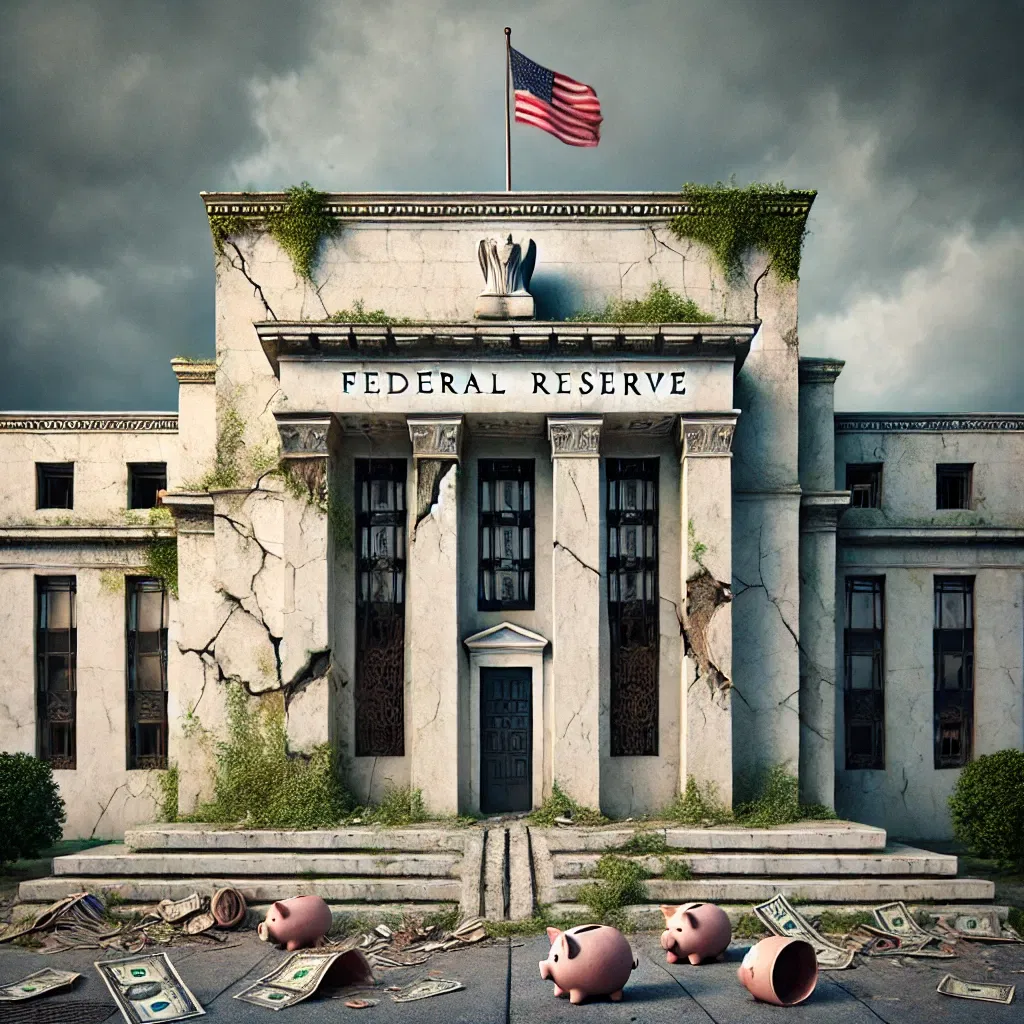“Dear Simon- Jeff Clark from Growth Stock Wire recently wrote that ‘China is a fraud’ and that ‘If Americans aren’t buying big-screen TVs or $100 sneakers, Chinese stocks are ultimately headed for trouble.’ I would like your opinion on his view.”
Great question. I like Jeff Clark and generally agree with his analysis… but like I said in Monday’s essay, I am puzzled that a few notable figures in the financial community are bearish on China.
Jeff’s analysis underscores the fact that the American consumer has dropped off the face of the earth. This is absolutely true, and it was a foregone conclusion that had to happen sooner or later. A society cannot persist on a negative savings rate without serious consequences.
That being said, China (and Asia in general) is now developing a robust domestic consumer economy that is picking up the slack.
I cannot emphasize this point enough. In the 1950s, Asia’s economies were undeveloped, squalid backwaters whose only aspiration was to sell products to ‘rich’ America, the world’s beacon of freedom and prosperity.
That was the past. Today is a different story.
After years of working hard, producing far more than they consumed, and accumulating a substantial pool of savings, Asia is now entering the same position that the United States was in following World War II.
During the war, the US economy was in a state of full production. Women entered the work force for the first time ever while the men were overseas fighting the war. As a result, the average American family effectively had two salaries, and because nearly all manufactured goods went towards the war effort, there was nothing to spend money on.
Families built up substantial savings during this period, and by the end of the war, Americans had built up a large pool of capital that financed economic growth for the next several decades.
Asia is in this position now. China, Singapore, South Korea, etc. are not frauds, but rather emerging consumers sitting on a huge pile of savings. The growth is real, the macroeconomic fundamentals are solid.
On the other hand, would I invest in the Chinese stock market? No chance– I’d rather play craps in Macau… and Jeff correctly raises this point.
Last week when I was staying in Shanghai, I walked across the street from my hotel and saw what looks like an off-track betting operation: hundreds of Chinese people crammed into a small room staring at a giant data screen. Every few minutes when something would flash across the screen they would rush to the other side of the room to ‘place their bets.
My friend Christine Verone told me later that this is where Chinese daytraders gather, betting on momentum as blindly as lemmings following each other off a cliff. This is not the market for me. To be clear, I have little confidence in Chinese accounting standards, market transparency, or accuracy in official economic indicators…
… but I have every confidence that a bright, talented, hard-working entrepreneur can still make a fortune in Asia, and especially in China. The market is wide open in most cases, and the growth fundamentals are completely legitimate.
So if I’m not buying Chinese stocks, what am I investing in these days? Let me caveat this answer by saying that my risk tolerance is quite low. I generate income through various worldwide entrepreneurial ventures, and I multiply that income with what I consider to be ‘no brainer’ investment opportunities.
In my opinion, the best things to invest in these days are strong companies that are anomalously trading for less than their cash value– for example, a profitable company with $50 million in the bank whose market capitalization is only $40 million.
You get the company’s profits for free, plus $10 million in cash– the risk is incredibly low and the upside is huge.
It sounds unreasonable that such anomalies would ever exist… and you’re right, it is unreasonable. But it happens from time to time. Why? Because despite the drivel that they teach at most business schools, markets are NOT EFFICIENT– they are comprised of highly emotional participants, manipulative players, and authoritarian governments.
Consequently, great BUY opportunities emerge from time to time when the market becomes scared or otherwise irrational.
My friend Dr. George Huang has made a career out of finding these opportunities, mostly in the biotech sector. I invest in his recommendations because he frequently brings me profitable companies that are trading for less than their cash value.
The last few picks have generated returns of roughly 50%, 100%, and 100% in less than 3-months each. Why? Because the market eventually realizes that a solid company trading for less than its cash is… completely absurd. And eventually, usually within a short period of time, the market bids the stock price back up to a reasonable level.
I mention Dr. Huang’s letter from time to time because I think it’s some of the most valuable investment insight out there.







